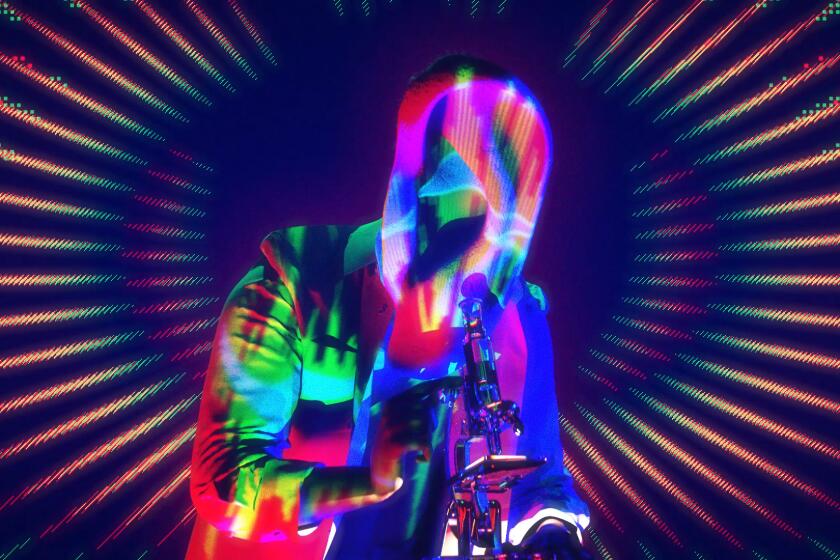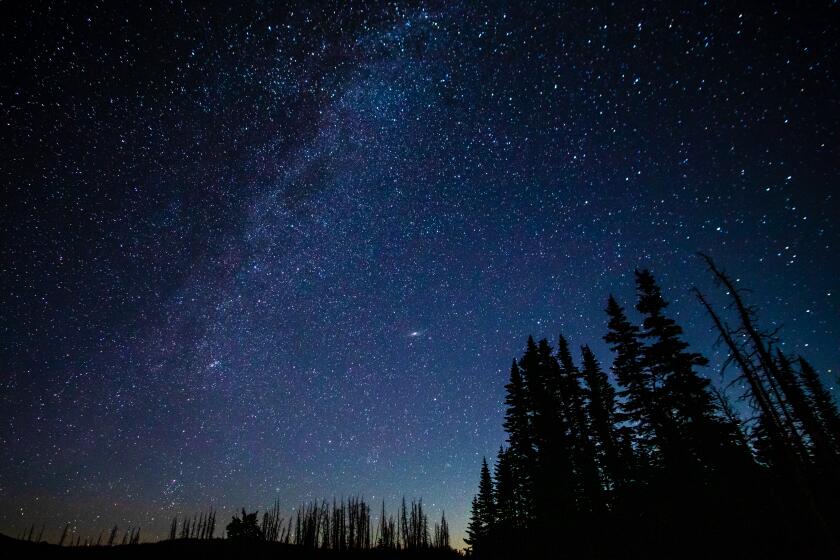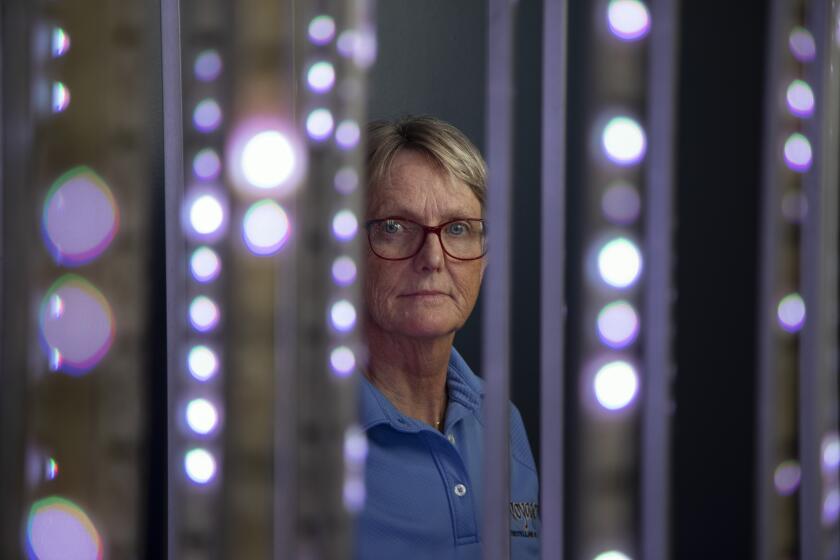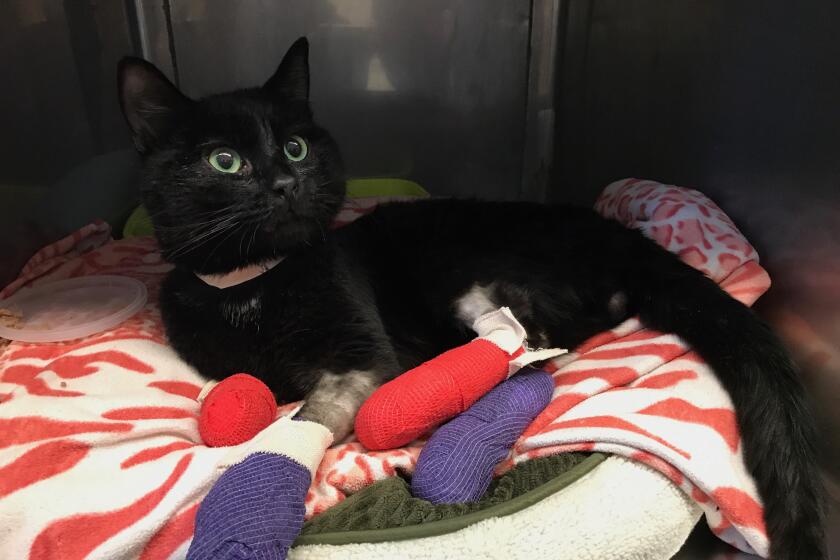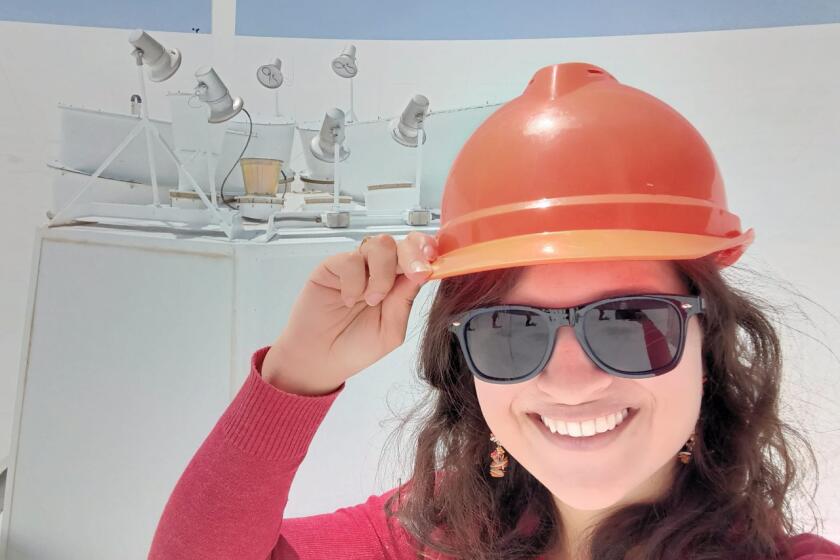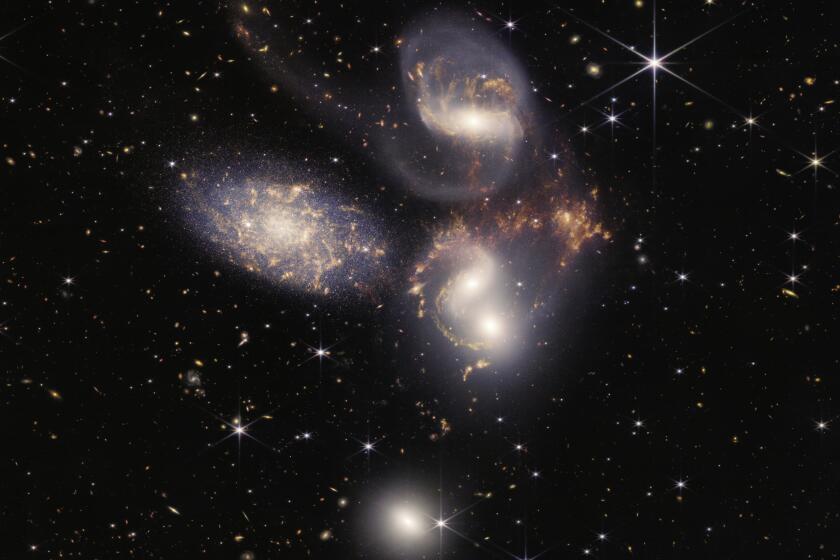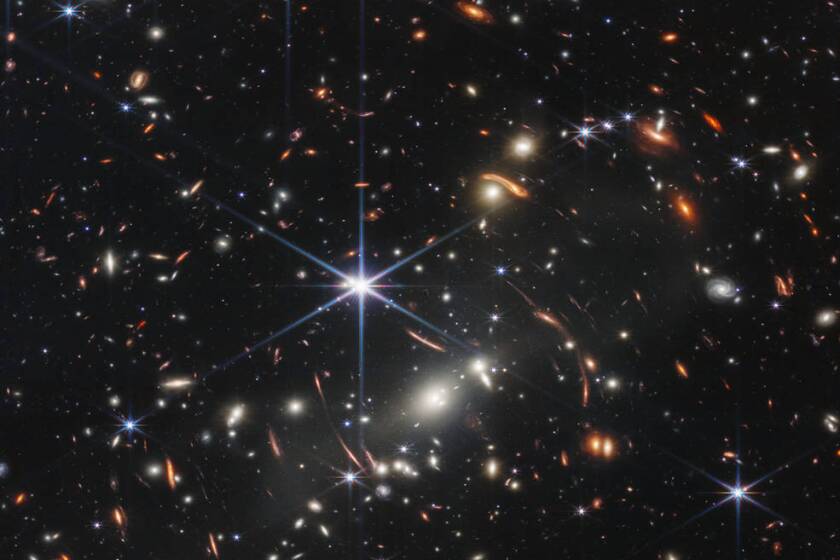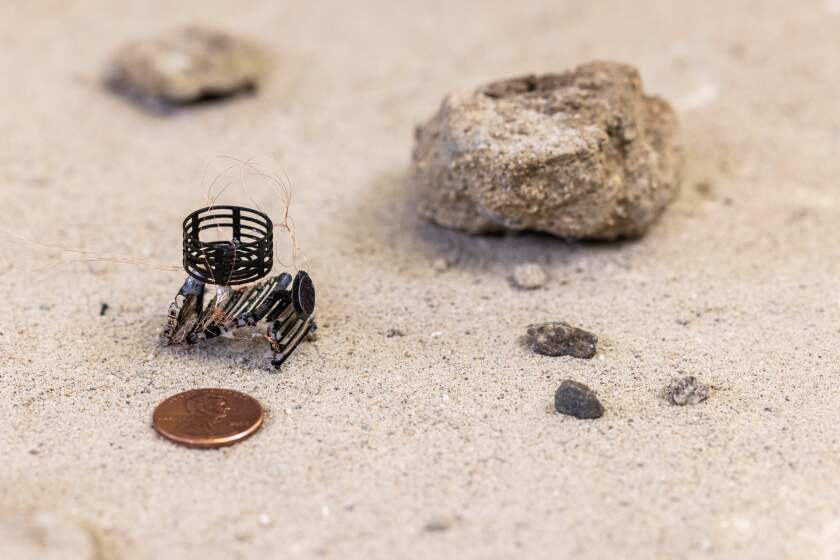Sumeet Kulkarni is an intern with the Los Angeles Times’ science desk through the 2022 AAAS Mass Media Fellowship program. He is passionate about science communication and has previously written for Scientific American, Astrobites, India Bioscience and the LIGO Magazine. He was born and raised in Pune, India, before coming to the United States in 2017 to pursue a graduate degree in astrophysics at the University of Mississippi.
Latest From This Author
Why just look at your data when you could listen? Scientists are turning their data into sound to gain new insights into things as small as DNA and as large as galaxies.
The move to more energy-efficient lighting has had an unintended result: more light escaping into the night sky and causing light pollution even hundreds of miles away.
Concerned about light pollution? Here are steps you can take to preserve dark skies.
Keeping in touch with NASA’s two aging Voyager spacecraft is getting harder to do as they get farther away and their power sources dwindle.
Los gatos que sufrieron quemaduras e inhalación de humo en los incendios urbanos de California también corren el riesgo de formar coágulos sanguíneos mortales.
Cats who suffered burns and smoke inhalation in urban California wildfires are also at risk of forming deadly blood clots.
Among the first users of the new James Webb Space Telescope will be graduate students preparing to hunt for the earliest galaxies.
NASA released the first complete set of images from the James Webb Space Telescope, including stars in their infancy and their final gasps.
The first image from NASA’s James Webb Space Telescope shows innumerable galaxies swirling around a central point, like the light thrown off from a disco ball.
A new one-step method for 3-D printing allowed UCLA researchers to create robots that can walk, jump and sense their surroundings.

